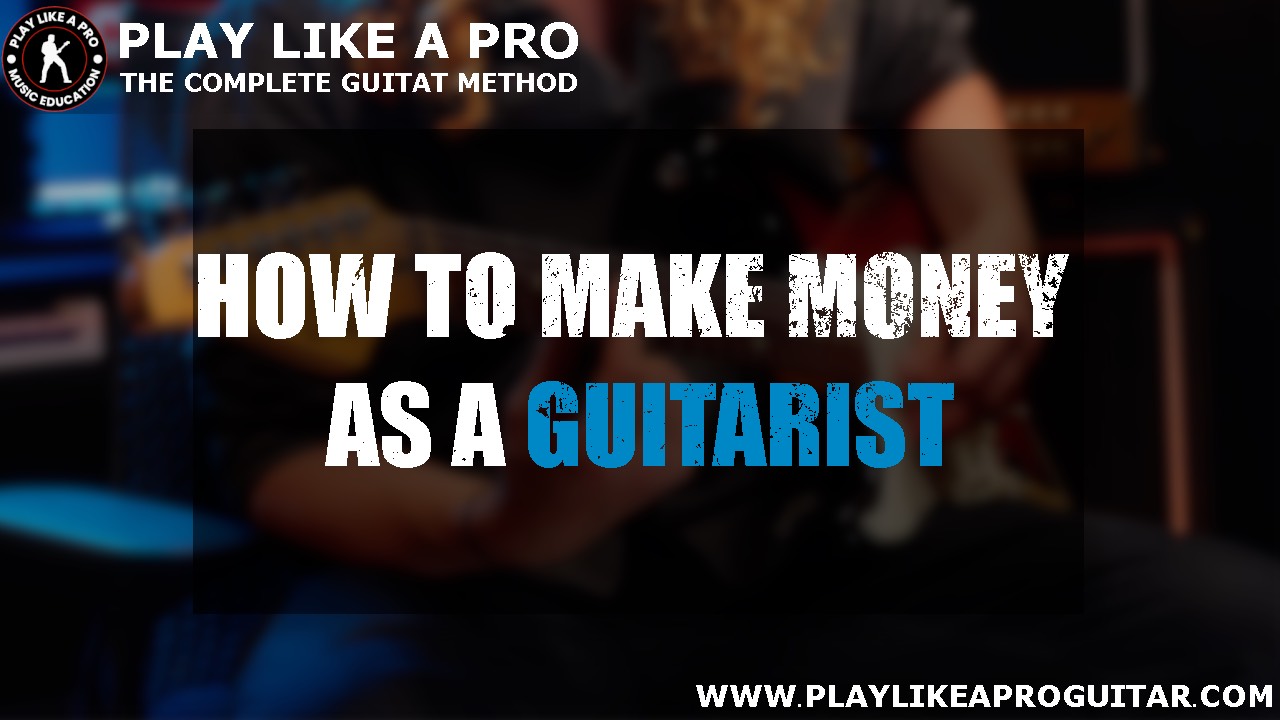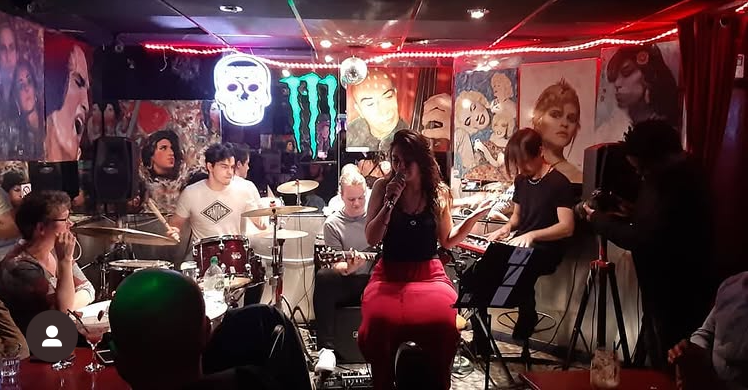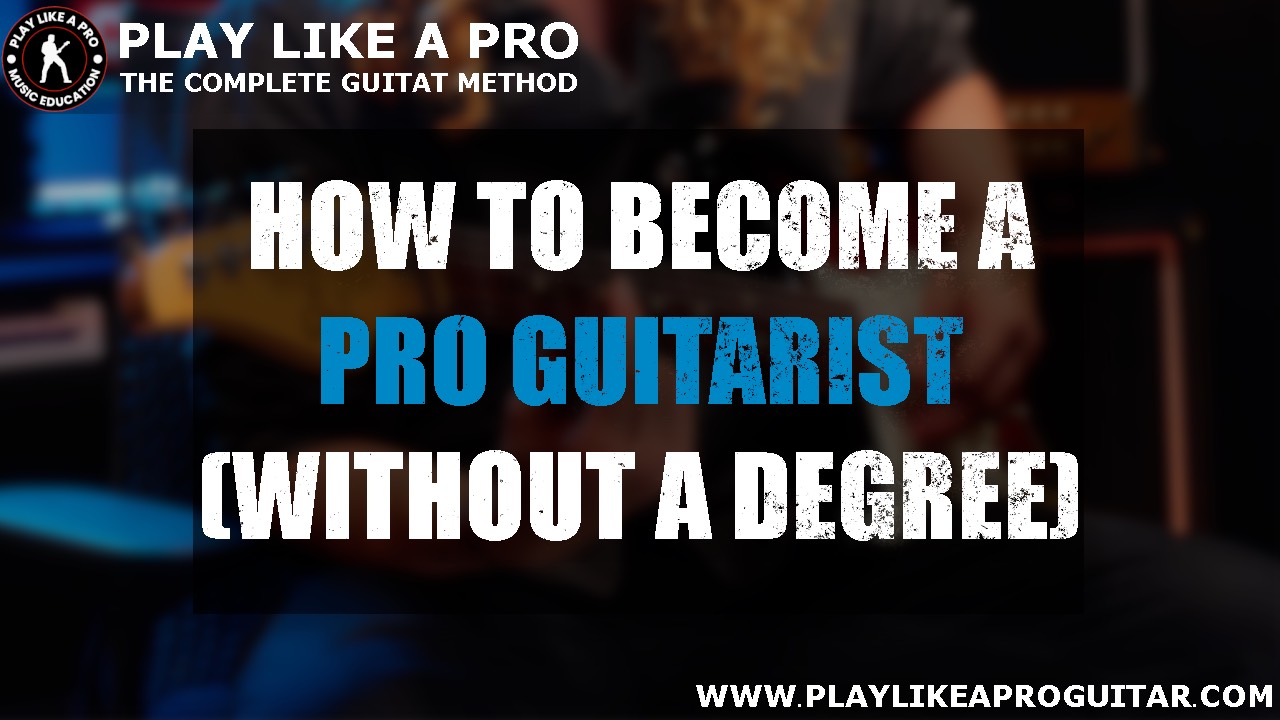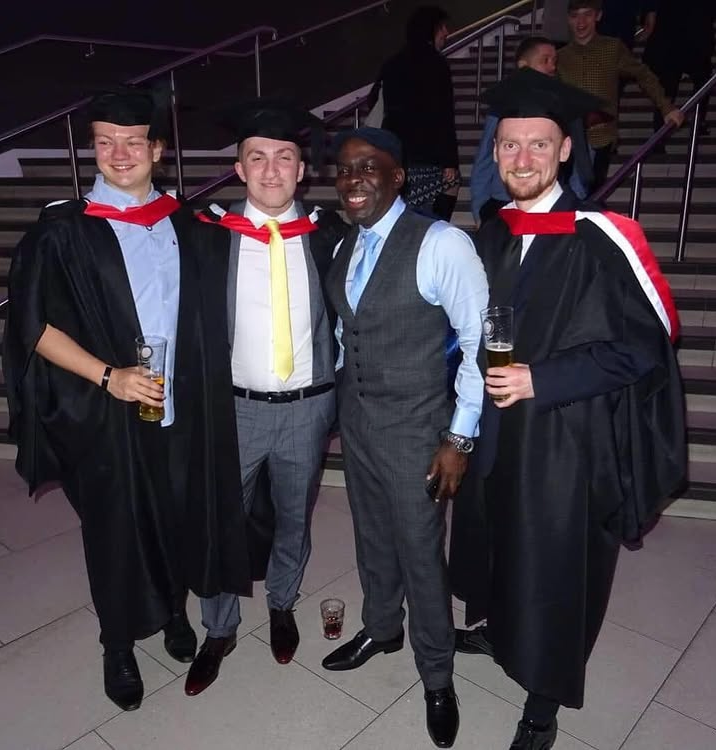How to Make Money as a Guitarist

Let’s talk about the part nobody seems to cover properly:
How do you actually make money as a guitarist?
Not theoretical money. Real, pay-your-rent kind of money.
I’ll be straight with you — it’s not always easy. But it is doable, and you don’t have to be a famous YouTuber or shredding on a sold-out arena tour to get paid.
I’ve done it. I know plenty of others doing it too. Here’s how. Oh, and here's a few extra tips on being a professional guitarist that you might find useful.
First Things First: Diversify
Most guitarists who make a living do a mix of things, not just one.
Here are the main ways players make income:
-
Live gigs – bands, solo sets, weddings, function gigs, cruise ships, festivals (My advice on booking your first gig)
-
Session work – recording guitar for other artists, producers, or companies
-
Teaching – in person, online, group classes, video courses
-
Content creation – YouTube, Instagram, lesson packs, Patreon
-
Licensing – recording music for
...
How to Get Gigs as a Guitarist (Even If You’re Just Starting Out)

One of the biggest questions I get asked is:
“How do I actually start getting gigs?”
Whether you're dreaming of playing in bands, backing artists, or even doing your own solo thing — getting your first few gigs can feel like trying to get into a club without a valid ID. (Although this isn't the only way to make money as a guitarist. Give this a read!)
But here’s the truth: you don’t need to be the best player in town — you just need to be good, prepared, and easy to work with.
Let’s break down how to get started, even if you're new to the scene.
1. Start Local and Small (That’s Not a Bad Thing)

Forget stadiums — your first few gigs might be:
-
A local open mic night
-
Backing someone else’s original set
-
Filling in for a cover band
-
Playing acoustic at a café
-
Performing at a mate’s birthday or wedding
That’s all great. Gigs like these build your confidence, teach you how to play in front of people, and (this is key) start getting your name around.
2. L...
How to Become a Professional Guitarist (Without a Degree)

So, you want to be a professional guitarist? Nice. It’s a big goal — and yeah, it’s possible. But here’s something most people won’t tell you: you don’t need a music degree to make it. In fact, here's some pros and cons for studying guitar at university.
I know that might go against what your teacher, your parents, or the guy at your local music shop says… but I’ve been through the degree route and the real-world grind, and trust me — there’s more than one way to make this career happen.
Let’s break it down...
Do You Really Need a Music Degree?

Short answer? Not necessarily.
Sure, music uni can be great for some things:
-
You get structure, regular practice, and exposure to theory
-
You’re surrounded by other musicians (which is motivating)
-
You might even meet a few future collaborators
But here’s what they often don’t teach:
-
How to get work
-
How to network
-
How to manage the business side of being a musician
-
How to actually make money with
...
How Learning to Sight-Read On Guitar Changed My Career (And Why You Should Start Now)

How Learning to Sight-Read Guitar Changed My Career (And Why You Should Start Now)
The Skill Most Guitarists Avoid
Sight-reading is one of those skills that most guitar players tend to dodge. It’s not often taught, and for many of us, TAB and our ears are the main go-to tools. That was definitely the case for me for years. I remember my music teachers saying a guitarist who could sight-read was worth their weight in gold — and as I got more serious about music, I understood why. Sight-reading on guitar is tough. Unlike piano, where each note has one clear place, the guitar lets you play the same note in multiple spots. Middle C can be played in at least two different places on the fretboard — and some notes appear in three!
It wasn’t something I took seriously early on. I avoided it for the same reasons many of us do — it’s intimidating, it feels slow, and honestly, I didn’t think I needed it. But when I decided I wanted to go professional, I knew I had to change that. If you wan...


